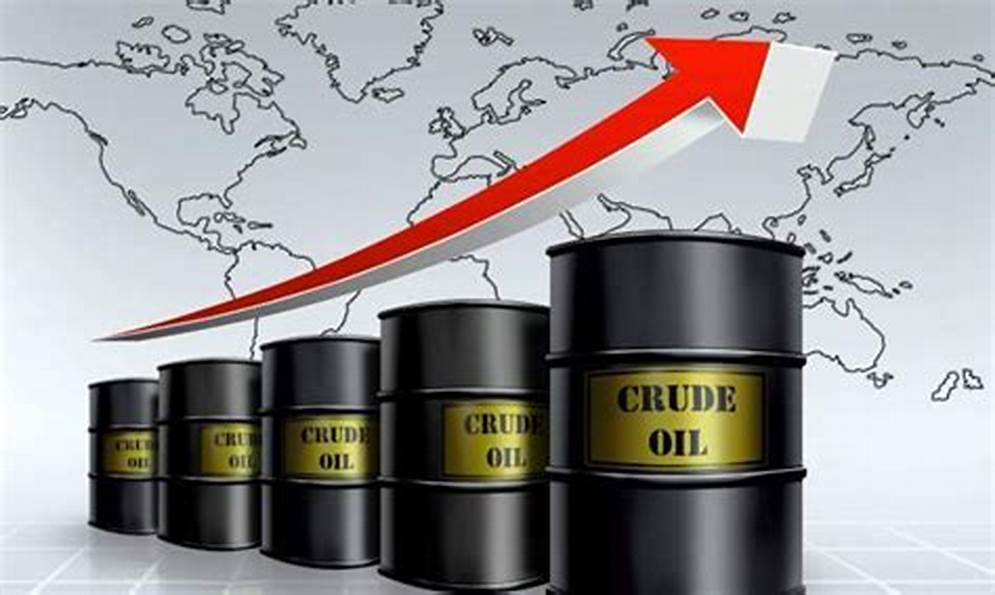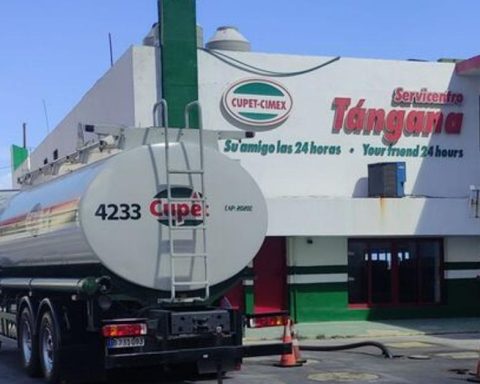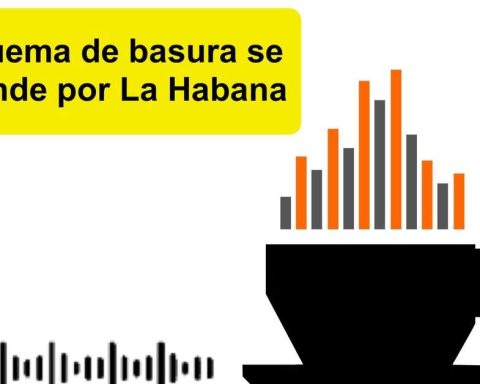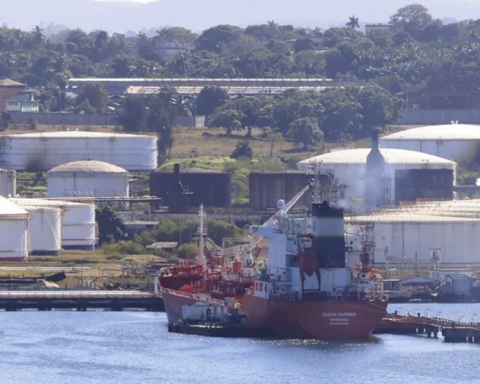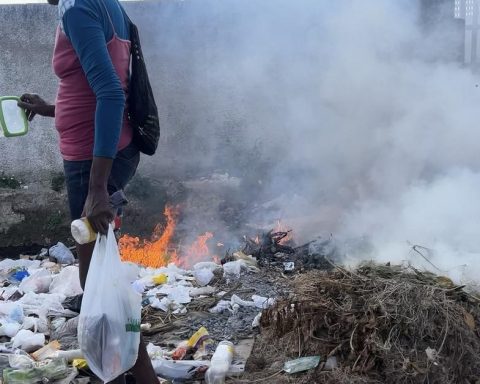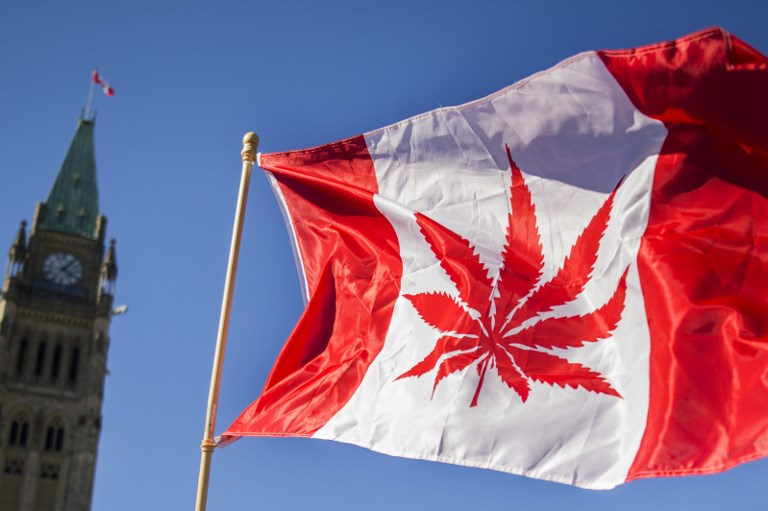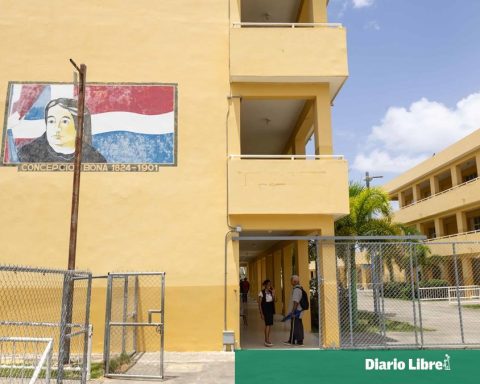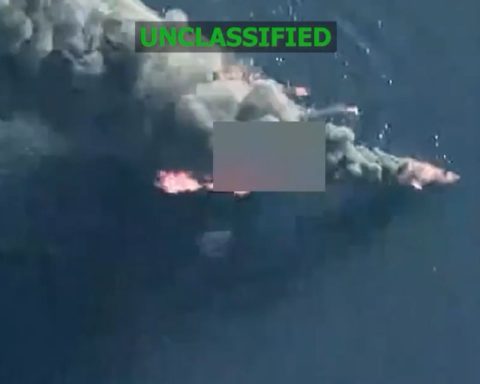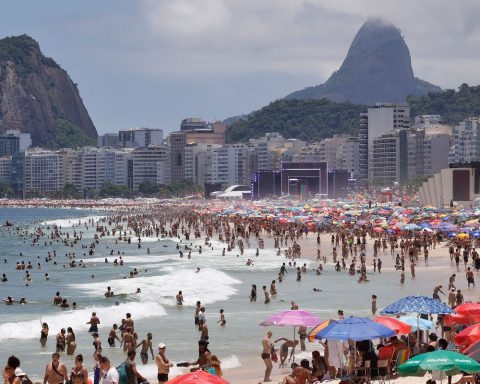Higher production costs and prices impoverish businesses and citizens. Without growth or employment, it is not worth having more tax revenue.
The crude oil and its derivatives They are not only used in transportation, but are also part of productive processes as dissimilar as rice plantations or construction.
The imminent announcement by the United States on the Russian gas, fuel and oil import ban has caused a barrel of WTI, an Ecuadorian reference, to be quoted at more than $129 during the day of this March 8, 2022
If these levels are maintained, the costs of manure and fertilizers will skyrocket even more; as well as aluminum, plastics and electricity, among many other products and raw materials.
The result is that the manufacture of vehicles, new homes and most agri-food products become more expensive.
Given this, citizens’ salaries will lose value because more money is needed to buy the same amount of goods and services that were consumed just a few months ago.
The longer this situation of high prices of the rawmore damage is done to people’s pockets and to the production and investment capacity of companies.
Lower profits or higher prices
According to the Spanish economist Juan Ramón Rallo, if production costs skyrocket, there are only two real options for companies.
On the one hand, transferring customers, via higher prices, those costs on the rise. However, this option depends on whether consumers are willing, or can afford, to pay for higher prices.
In the case of Ecuador, with low levels of entrywhere 90% of families earn no more than $750 per monththere is a limit to the room to adjust before demand and company revenues are appreciably reduced.
The other option is to assume the higher production costs by reducing your profit margin. That is, earn less for each unit produced and then sold.
Before the impact of the war between Russia and Ukraine, the imbalances as a result of the pandemic had already caused raw materials and supplies to rise on a global scale. In this scenario, the Ecuadorian food industry has already penalized part of its margins so as not to raise prices to the consumer.
In this scenario, at first the one that becomes poorer is the company. Lower margins mean lower investment and lower employment.
But the impact, in a second instance, goes further. The company’s suppliers receive fewer orders and earn less. In addition, a part of the workers are left without a livelihood, and another part may even see their salaries, bonuses and legal benefits reduced.
In Ecuador, since 2015, fuels and crude derivatives that are used for industrial and commercial activities no longer have any kind of subsidies. In other words, for more than 6 years the productive sectors have assumed the international costs of oil in their processes.
This means that the more expensive the rawmore resources will be needed to produce the same.
In short, an economy with high rates of inflation, hand in hand with the growing oil pricesis unsustainable and generates less growth.
Institutions such as the UN or the International Monetary Fund (IMF) have explained, in recent days, that a slower recovery of the economy is expected. For Ecuador, that means growing at half or less than the 3% projected for 2022.
What price of oil is adequate for economic development?
According to analyzes by investment banks and multilateral organizations, a price between $60 and $70 per barrel is adequate for the economy to function without distortions and there is enough money to invest in more production.
If the price of Petroleum moves away from those levels, and all the more reason with the current levels of more than $128 per barrel, the increase in the cost of inputs and raw materials and the impoverishment of companies and citizens, is not compensated in the medium and long term with higher tax revenues for oil producing countries.
At the other extreme, a price of crude oil below $30 is also bad for the economy because it reduces the incentives for the production of hydrocarbons, on which the largest percentage of the energy consumed by the world still depends. (JS)
IT MAY INTEREST YOU:
President Lasso confirms that he will veto the regulation of abortion for rape
